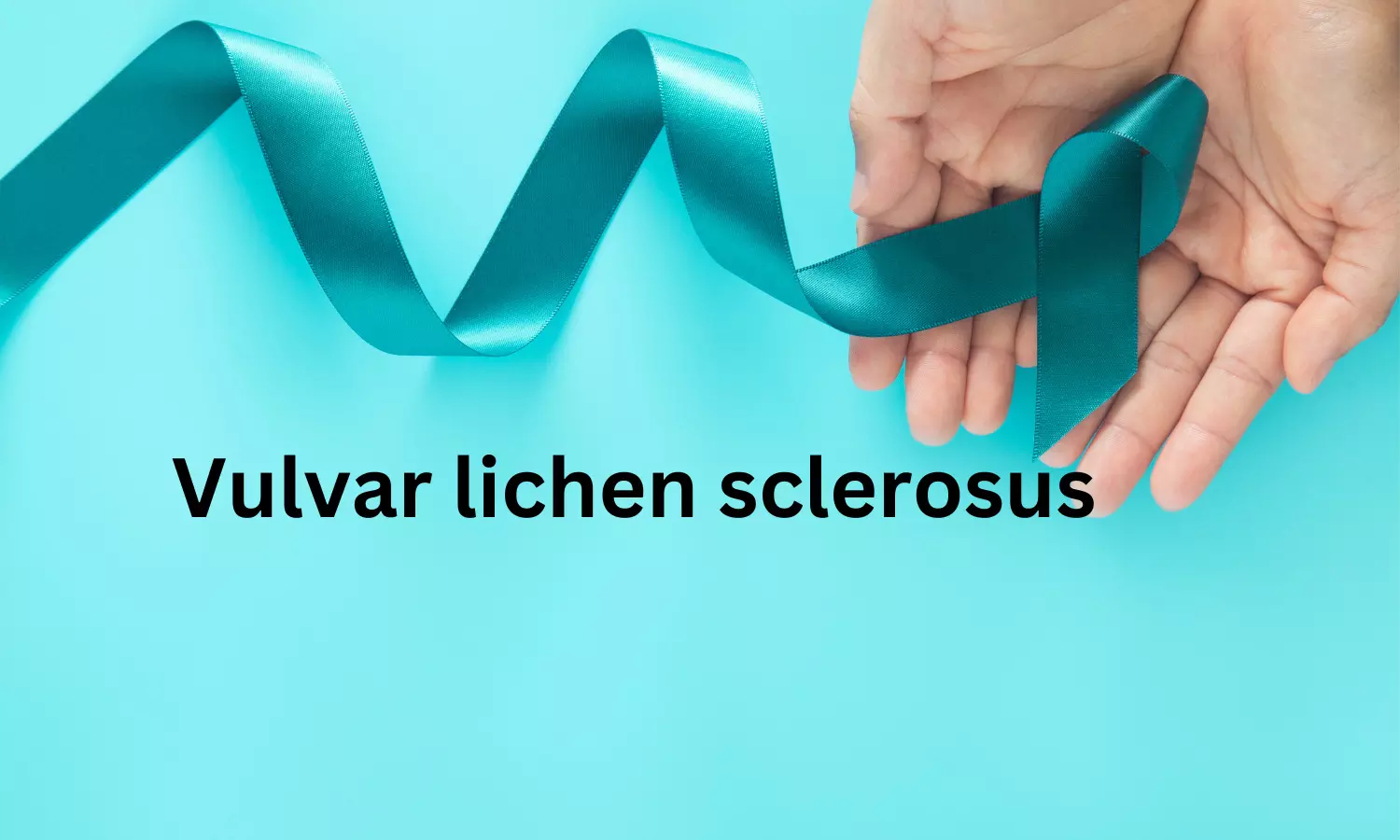- Home
- Medical news & Guidelines
- Anesthesiology
- Cardiology and CTVS
- Critical Care
- Dentistry
- Dermatology
- Diabetes and Endocrinology
- ENT
- Gastroenterology
- Medicine
- Nephrology
- Neurology
- Obstretics-Gynaecology
- Oncology
- Ophthalmology
- Orthopaedics
- Pediatrics-Neonatology
- Psychiatry
- Pulmonology
- Radiology
- Surgery
- Urology
- Laboratory Medicine
- Diet
- Nursing
- Paramedical
- Physiotherapy
- Health news
- Fact Check
- Bone Health Fact Check
- Brain Health Fact Check
- Cancer Related Fact Check
- Child Care Fact Check
- Dental and oral health fact check
- Diabetes and metabolic health fact check
- Diet and Nutrition Fact Check
- Eye and ENT Care Fact Check
- Fitness fact check
- Gut health fact check
- Heart health fact check
- Kidney health fact check
- Medical education fact check
- Men's health fact check
- Respiratory fact check
- Skin and hair care fact check
- Vaccine and Immunization fact check
- Women's health fact check
- AYUSH
- State News
- Andaman and Nicobar Islands
- Andhra Pradesh
- Arunachal Pradesh
- Assam
- Bihar
- Chandigarh
- Chattisgarh
- Dadra and Nagar Haveli
- Daman and Diu
- Delhi
- Goa
- Gujarat
- Haryana
- Himachal Pradesh
- Jammu & Kashmir
- Jharkhand
- Karnataka
- Kerala
- Ladakh
- Lakshadweep
- Madhya Pradesh
- Maharashtra
- Manipur
- Meghalaya
- Mizoram
- Nagaland
- Odisha
- Puducherry
- Punjab
- Rajasthan
- Sikkim
- Tamil Nadu
- Telangana
- Tripura
- Uttar Pradesh
- Uttrakhand
- West Bengal
- Medical Education
- Industry
Concussion does not alter IQ scores in pediatric patients, Finds study

A new study revealed that pediatric concussion does not negatively affect intellectual functioning or IQ scores for up to 3 months after injury. Hence the caregivers should not be suggested to make the child undergo IQ assessment tests due to their limited clinical utility. The study results were published in the journal Pediatrics.
Academic success and overall quality of life are two areas where global functioning, as determined by IQ, is a strong predictor. A mild traumatic brain injury in the form of blunt head trauma leading to concussion is a common injury among children. Literature shows mixed results on IQ levels after a pediatric concussion. Hence, researchers from the U.S.A and Canada conducted a study by combining data from two multisite, prospective cohort studies to investigate IQ score differences in children with concussion versus mild orthopedic injury (OI).
Nearly 866 Children aged 8–16.99 years were recruited for two prospective cohort studies from emergency departments at children’s hospitals. They were recruited from 2 sites in the United States and 5 in Canada in less than 48 hours after sustaining a concussion or orthopedic injury. They completed IQ and performance validity testing post-acutely (3–18 days postinjury; United States) or 3 months postinjury (Canada). Linear modeling, Bayesian, and multigroup factor analysis were the three complementary statistical approaches used to examine the Group differences in IQ scores in children who were performing the above cutoffs on validity testing.
Key Findings:
- Linear models showed small group differences in full-scale IQ, but not in vocabulary scores.
- There was no relation between IQ scores and previous concussion, acute clinical features, injury mechanism, a validated clinical risk score, pre- or postinjury symptom ratings, litigation, or symptomatic status at 1-month postinjury.
- Bayesian models provided moderate to very strong evidence against group differences in IQ scores.
- Multigroup factor analysis further demonstrated strict measurement invariance, indicating group equivalence in the factor structure of the IQ test and latent variable means.
Thus, clinicians should provide meaningful guidance to children and caregivers that pediatric concussion does not negatively affect intellectual functioning early and up to 3 months postinjury and there will be limited use of IQ tests to assess concussion outcomes.
Further reading: Ashley L. Ware, PhD. IQ After Pediatric Concussion. Pediatrics e2022060515. https://doi.org/10.1542/peds.2022-060515
BDS, MDS
Dr.Niharika Harsha B (BDS,MDS) completed her BDS from Govt Dental College, Hyderabad and MDS from Dr.NTR University of health sciences(Now Kaloji Rao University). She has 4 years of private dental practice and worked for 2 years as Consultant Oral Radiologist at a Dental Imaging Centre in Hyderabad. She worked as Research Assistant and scientific writer in the development of Oral Anti cancer screening device with her seniors. She has a deep intriguing wish in writing highly engaging, captivating and informative medical content for a wider audience. She can be contacted at editorial@medicaldialogues.in.
Dr Kamal Kant Kohli-MBBS, DTCD- a chest specialist with more than 30 years of practice and a flair for writing clinical articles, Dr Kamal Kant Kohli joined Medical Dialogues as a Chief Editor of Medical News. Besides writing articles, as an editor, he proofreads and verifies all the medical content published on Medical Dialogues including those coming from journals, studies,medical conferences,guidelines etc. Email: drkohli@medicaldialogues.in. Contact no. 011-43720751



